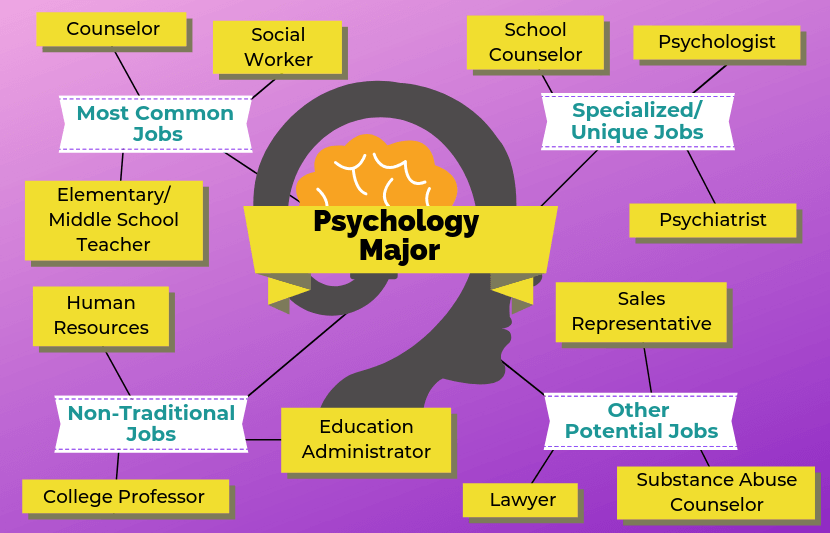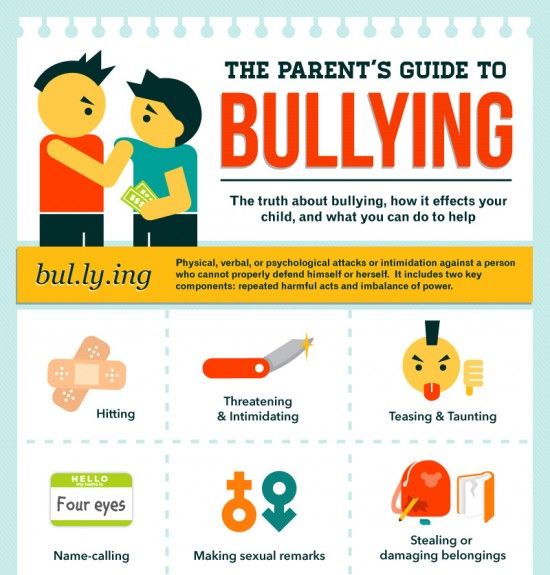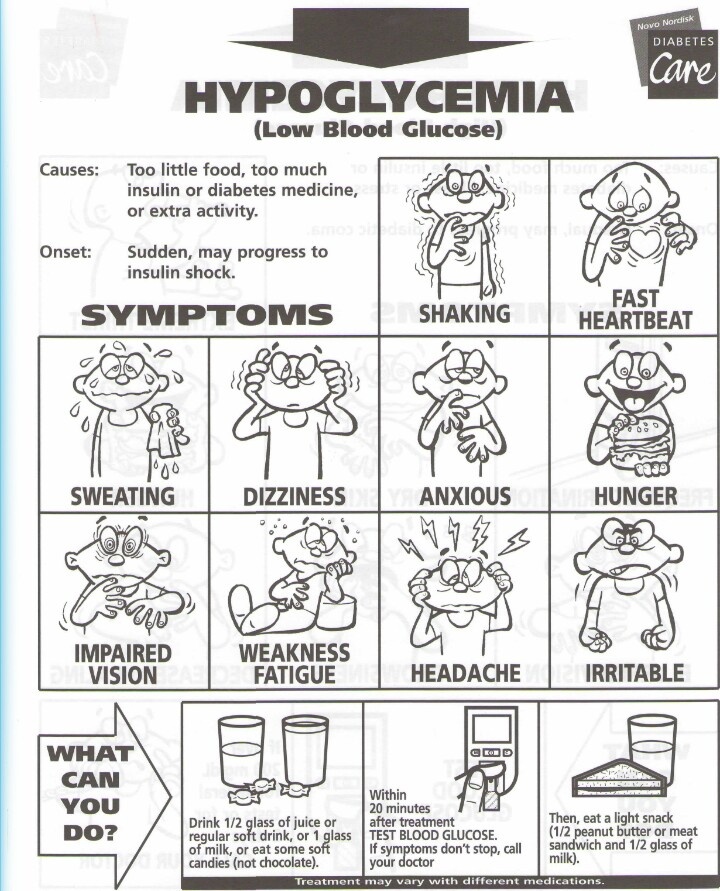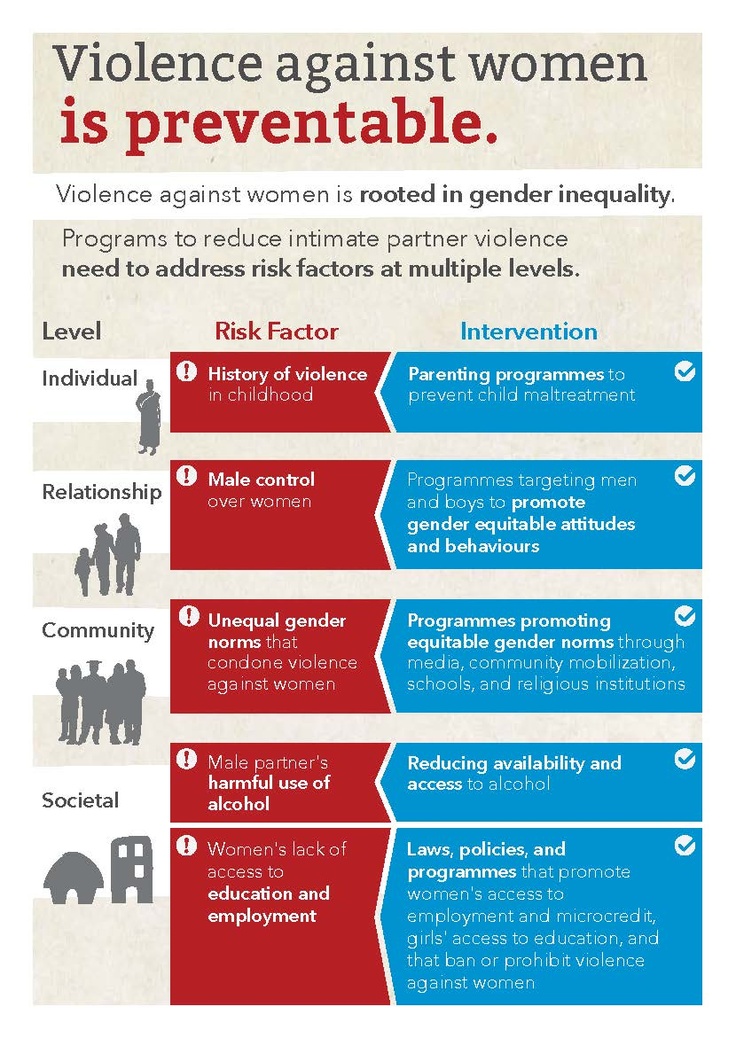Living with someone who has bipolar disorder
Living with Someone with Bipolar Disorder
Just when you think things are going well for you and your loved one, your partner enters a manic phase and the rug is pulled out from underneath both of you and your worlds are upside down. As someone living with a significant other with bipolar disorder, not only is it a challenge for the individual, but also for their family, friends and caregivers. In a recent NAMI meeting I attended, the parents of children with bipolar disorder shared their experiences with the sudden changes in behavior that make each day, week and month a challenge. Your world is suddenly unpredictable at best.
Even when your partner, child or friend with bipolar disorder is well, you are constantly on your guard, waiting for the other shoe to drop. You listen to each word, phrase and watch every action looking for cues that something bad is about to happen. The fear of the next crisis is always in the back of your mind. Your life is similar to a “roller coaster” ride; small ups and downs are followed by sudden drops and severe climbs, only to fall again.
Never knowing what to expect, you as the caregiver are always on a heightened state of readiness. Over time this level of stress will sap your strength, both physical and emotional. The slightest move in a positive direction will provide hope and the fuel your need to handle the next negative situation. Sometimes you yourself will crash and need to take a mental health break or consult with a behavioral professional to regain your equilibrium.
One of the keys to your survival as a caregiver is to see bipolar disorder as a disease of the brain, not just a mental illness. Be angry at the disease, the illness and not the person who is afflicted. The love of your life or your child is suffering terribly and you in many ways are feeling scared, confused and helpless. Your perception is that you have no control over the situation. That is true, but you have power, the power to advocate for their right to receive the care they require from their medical team. Use that power and you can provide the emotional support they need fight the fight. Remain consistent in how you relate to your significant other, which is most difficult when you find yourself under constant stress.
Remain consistent in how you relate to your significant other, which is most difficult when you find yourself under constant stress.
The treatment of bipolar disorder is difficult by itself, but when coupled with OCD or other conditions, such as substance abuse, it becomes extremely difficult. As their advocate, there will be times you need to challenge the doctors in a positive manner as to their therapeutic approach. You have seen your loved one when they were good and when they were bad. You have their medication history, knowledge of their previous hospital stays and access to their medical records. You know what has worked and what didn’t work regarding their treatments and medicines. Don’t be afraid to share that information with the doctors, it will aid them in treating your loved one.
As the significant other, husband, wife, daughter, brother or wife you need to work diligently to maintain your health during this period of illness. Being a caregiver is a great responsibility and also a drain on your emotions and health. Above all, you must take care of yourself before you can take care of someone else. You need to access the services of a behavioral professional to ensure you have an outlet for your frustrations and concerns. You may need medication to aid you in recovering from the strains of being a caregiver. Joining a support group through NAMI or another community organization will provide the information, training, references and emotional support you need to continue the journey. You need to sleep, eat right and exercise in order to maintain your strength and health. Know that some of your friends will understand your plight but others will not be able to identify with your situation. Be aware that mental health challenges are very scary to people who have not been exposed to someone who has one. Don’t be afraid to share your feelings with your friends, help them understand your situation. Don’t isolate yourself from your community; this is the time when you need to be socializing. You need their emotional support to make it through this period of uncertainty.
Above all, you must take care of yourself before you can take care of someone else. You need to access the services of a behavioral professional to ensure you have an outlet for your frustrations and concerns. You may need medication to aid you in recovering from the strains of being a caregiver. Joining a support group through NAMI or another community organization will provide the information, training, references and emotional support you need to continue the journey. You need to sleep, eat right and exercise in order to maintain your strength and health. Know that some of your friends will understand your plight but others will not be able to identify with your situation. Be aware that mental health challenges are very scary to people who have not been exposed to someone who has one. Don’t be afraid to share your feelings with your friends, help them understand your situation. Don’t isolate yourself from your community; this is the time when you need to be socializing. You need their emotional support to make it through this period of uncertainty.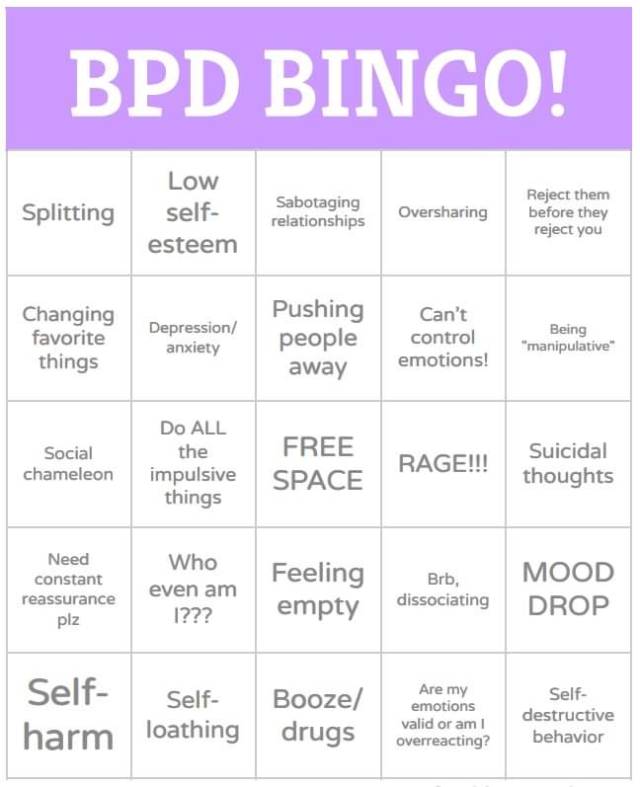
Guilt and shame needs to be confronted and discussed with your behavioral professional. As the significant other, child or caregiver, you feel a great sense of guilt that you cannot do more for the one affected with bipolar. Helplessness turns into guilt, which is not an emotion you want to deal with alone. When this feeling sets in, it is time to get professional assistance. There is nothing to be shamed about, remember it is a disease that can passed on from one generation to another. Your behavior as a parent, husband wife or sibling is not responsible for their bipolar disease.
One other feeling you need to confront is “giving up” and the desire to leave the situation. Running from a problem is an option, but never a solution. You may have these thoughts, but you need to discuss them with a behavioral professional. I am aware of a number of divorces in which the wife or husband could not cope and abandoned their significant other. You need to marshal your resources, stay the course and fight this disease. When the opportunity presents itself, step up and help someone who needs help. Sharing your strength with your loved one is critical, but you need to save some for yourself. One day someone will step up for you.
When the opportunity presents itself, step up and help someone who needs help. Sharing your strength with your loved one is critical, but you need to save some for yourself. One day someone will step up for you.
Remember the disease is the “enemy” not your loved one. Fight the disease, but embrace your loved one, let them know you are there for them and understand they are the one suffering. This is a battle that you will eventually win. Research into bipolar is ongoing and there will always be new drugs that will help fight this disease. This is not a race, but a marathon.
Have faith and hope!
Share your story, message, poem, quote, photo or video of hope, struggle or recovery. By sharing your experience, you can let others know that they are not alone.
Bipolar Relationships: What to Expect
Reviewed By:
Ups and downs are natural in any romantic relationship, but when your partner has bipolar disorder it can feel like you’re on an emotional rollercoaster.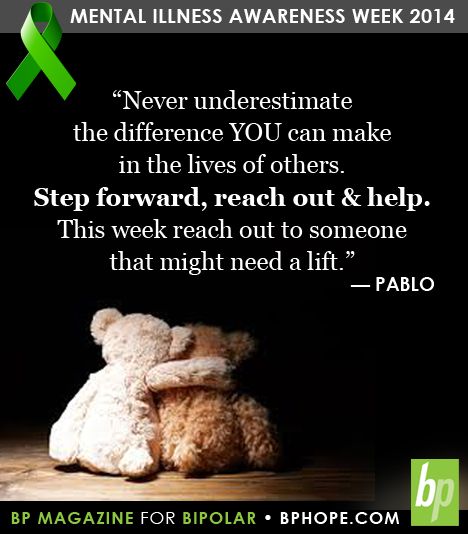 Not knowing what to expect each day is stressful and tiring. Over time, it wears on the relationship.
Not knowing what to expect each day is stressful and tiring. Over time, it wears on the relationship.
Understanding why your partner acts out sometimes or becomes withdrawn is the first supportive step you can take in strengthening your relationship. Learn exactly what a bipolar diagnosis means, how it could affect your partner’s behavior and what you can do to foster a healthy, stable relationship.
What does it mean if your partner is bipolar?
Bipolar disorder is a mental health condition marked by intense mood changes. People with the illness switch back and forth from mania or hypomania (an emotional state of being energetic and gleeful or sometimes aggressive or delusional) to having episodes of depression.
The lifelong condition tends to run in families, although the cause of bipolar disease is unknown. However, it can often be successfully managed through treatment. There are two primary types of bipolar disorder:
Bipolar 1
Bipolar 1 is a more severe form of the illness and is defined by manic episodes that have one of these characteristics:
- Hallucinations, delusions or paranoia
- Hospitalization required for safety
- Impulsive behavior with significant consequences
“When people are manic, they pursue pleasurable activities with great enthusiasm and with no regard for the consequences,” says Jennifer Payne, M.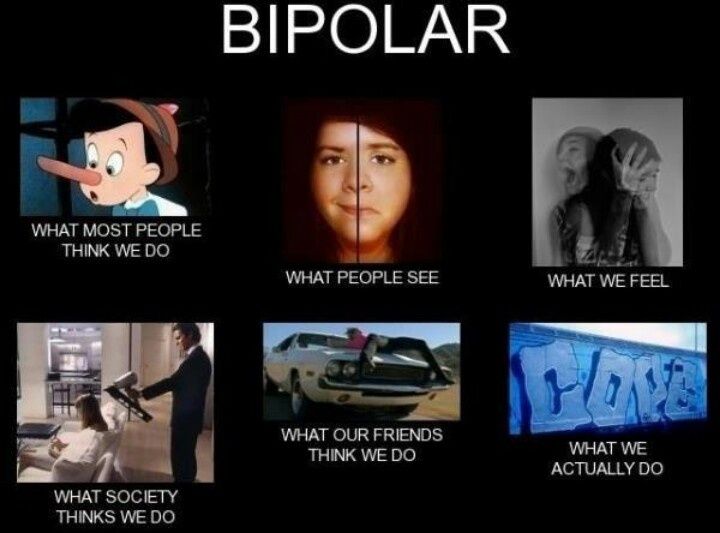 D., psychiatrist and director of the Women’s Mood Disorders Center at Johns Hopkins Medicine. “They may gamble, spend excessive amounts of money, use drugs or become promiscuous.”
D., psychiatrist and director of the Women’s Mood Disorders Center at Johns Hopkins Medicine. “They may gamble, spend excessive amounts of money, use drugs or become promiscuous.”
Bipolar 2
People with bipolar 2 experience hypomanic episodes, which still include out-of-character behavior but aren’t as extreme as those with bipolar 1. Hypomanic episodes may include:
- Increased energy and drive.
- Rapid speech.
- Decreased need for sleep.
“During hypomanic episodes, a partner with bipolar 2 may obsessively pursue sex with you or others,” says Payne. “They may stay up all night and have lots of wonderful ideas they want to tell you about at 3 a.m.”
Treatment Challenges
Bipolar disorder is usually treated with a combination of medications and therapy. However, successful treatment can be a challenge since many people miss the euphoria and energy of manic episodes.
Often people with bipolar disorder view these elevated mood states as their best selves — when they’re the most productive or creative — and will stop treatment in order to experience that again. Sometimes those with bipolar disorder will even intentionally trigger a manic episode.
Sometimes those with bipolar disorder will even intentionally trigger a manic episode.
“Lack of sleep is a trigger of manic episodes for a lot of people,” says Payne. “Sometimes patients with bipolar disorder will deliberately skip getting the sleep they need in order to initiate an elevated mood state. For example, a person might want the high energy that comes with a manic episode to get a project done.”
The key to your partner’s successful management of the illness is a commitment to continuing treatment and ongoing communication with their psychiatrist. This can take place at therapy sessions, during regular checkups or whenever necessary to discuss troubling symptoms.
Many people with bipolar 1 do well on lithium, a mood-stabilizing drug. Those with bipolar 2 may not fully respond to medications often used to treat bipolar disorder. If that’s the case for your partner, it’s important for them to continue to work with their psychiatrist to find an effective treatment.
Being in a Relationship with Someone Who Is Bipolar
There are certainly challenges in any romantic relationship, but bipolar disorder can make things especially difficult in various aspects of life:
Intimacy
It’s common for people with bipolar disorder to desire frequent sex during manic or hypomanic phases. Your partner may initiate intimacy much more than normal, or masturbate or use pornography more frequently than usual. Those with bipolar disorder may also engage in risky behaviors such as unprotected sex or extramarital affairs while manic.
During episodes of depression, your partner may avoid sexual contact altogether. This can be confusing or feel like rejection, especially if your partner recently desired lots of sexual activity during a manic or hypomanic period. Many medications for bipolar disorder can also lower sex drive.
Work
Your partner’s ability to perform well at work can be affected by bipolar disorder.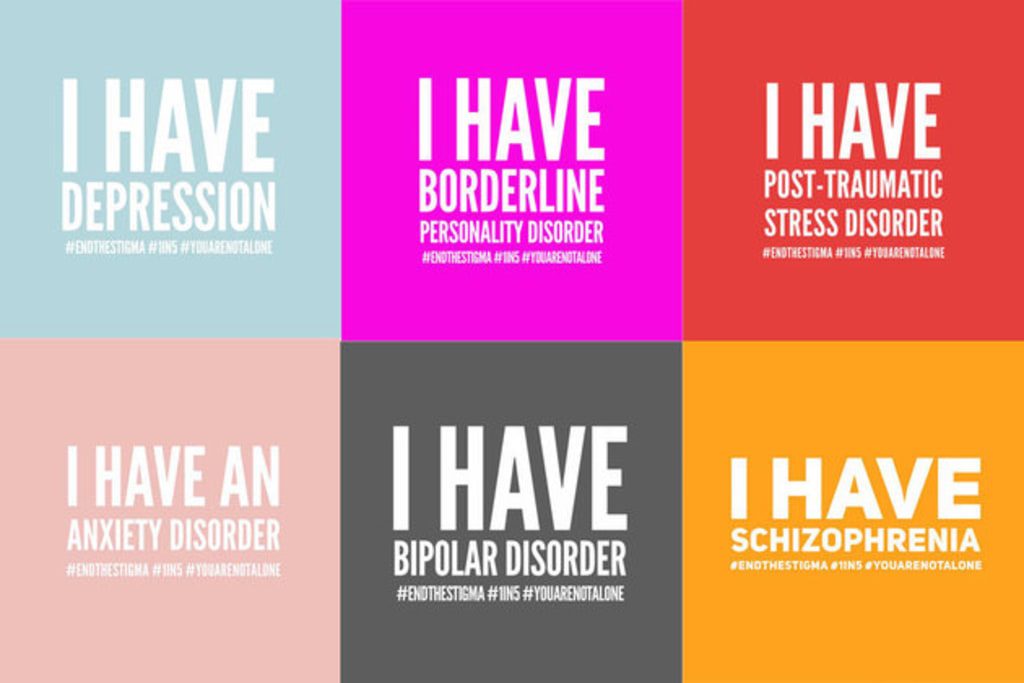 Severe mood swings, along with manic symptoms such as poor judgement and impulsivity, or depressive symptoms such as low energy and disinterest make it tough to find and maintain a job. Stressors at work may also trigger or exacerbate your partner’s symptoms. If your partner can’t hold down a job, this could put more pressure on you to provide financial support until their illness is well-managed.
Severe mood swings, along with manic symptoms such as poor judgement and impulsivity, or depressive symptoms such as low energy and disinterest make it tough to find and maintain a job. Stressors at work may also trigger or exacerbate your partner’s symptoms. If your partner can’t hold down a job, this could put more pressure on you to provide financial support until their illness is well-managed.
Parenting
Many people consider parenting the most stressful (albeit rewarding) job of their lives. But any kind of stressor — good or bad — has potential to trigger manic or depressive episodes for people with bipolar disorder.
In addition, the erratic behavior associated with bipolar disorder can be confusing and scary to children, who look to parents to provide stability. Helping your partner get and maintain treatment to control symptoms is crucial for providing a safe and secure home for children.
How to Make a Bipolar Relationship Work
It takes effort to keep any relationship strong, but it can be especially challenging when your partner has bipolar disorder.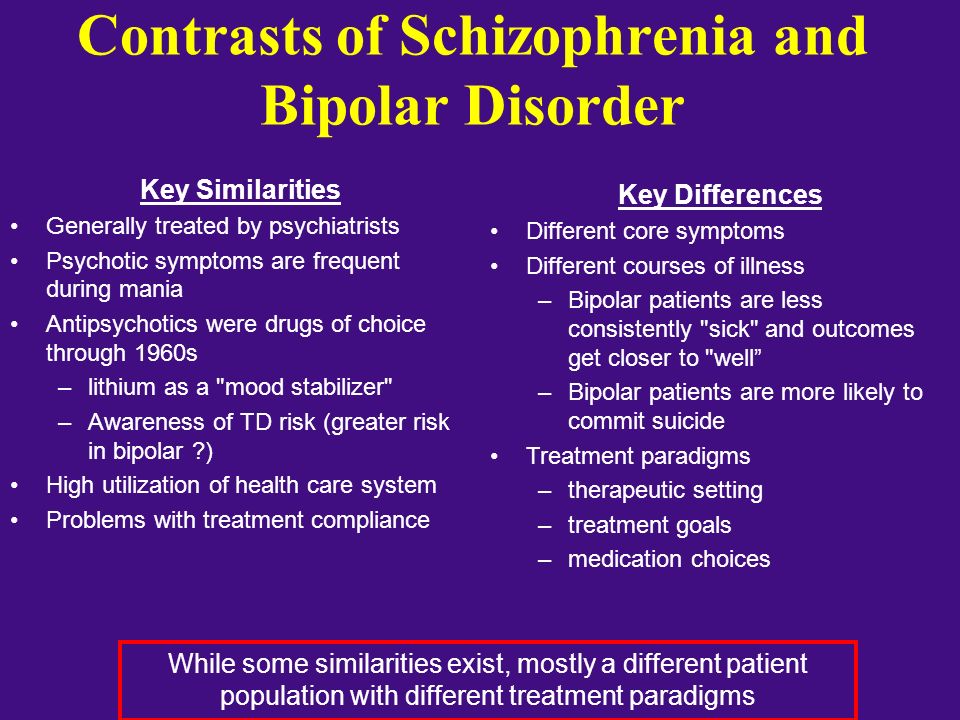 Payne offers these recommendations:
Payne offers these recommendations:
Go to Couples Counseling
Couples counseling is essential for working through upset over a bipolar partner’s actions. It’s common for someone with bipolar disorder to hurt and offend their partner. When someone is first diagnosed, there are often relationship issues that need to be addressed. Couples counseling can help you:
- Understand that there’s an illness involved in the hurtful behavior.
- Forgive the behavior that happened during an altered mood state.
- Set boundaries with a partner about maintaining treatment.
Get Involved with Treatment
Ask if you can be involved with your partner’s treatment, which may include occasionally going to the psychiatrist together. Being a part of your partner’s treatment has multiple benefits, including:
- Gaining a better understanding of the illness.
- Providing additional insight for the psychiatrist.
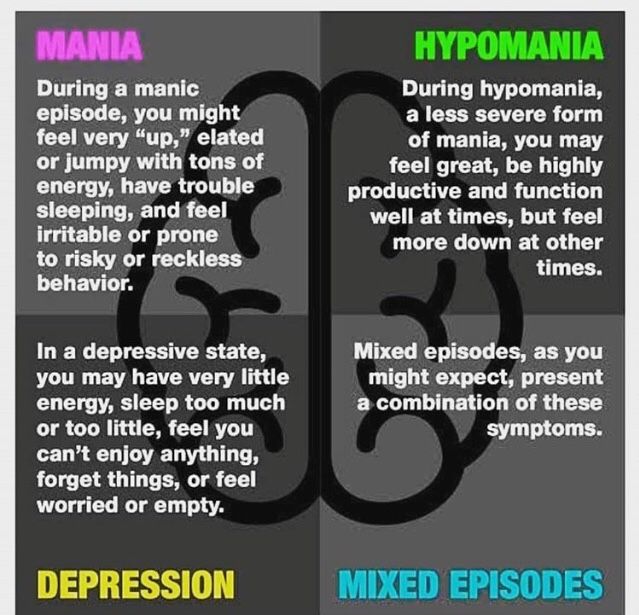
- Learning to spot signs of impending episodes.
- Alerting the psychiatrist about mood changes.
Even if your partner hasn’t signed off on you exchanging information with their psychiatrist, you can still report worrisome signs (the doctor just won’t be able to tell you anything). This gives the doctor a chance to make quick medication changes that may help your partner avoid being hospitalized.
Practice Self-Care
Self-care gets a lot of buzz these days, but nowhere is it more important than when you’re caring for someone with a serious illness such as bipolar disorder. It’s essential to dedicate time to your own physical and mental health, whether that’s going to a support group, talking to a therapist or attending a yoga class.
Being in a healthy relationship with someone with bipolar disorder requires not only careful management of their illness, but also setting aside time to take good care of yourself.
People with bipolar disorder tell how to properly support them
March 30 is celebrated as Bipolar Day around the world.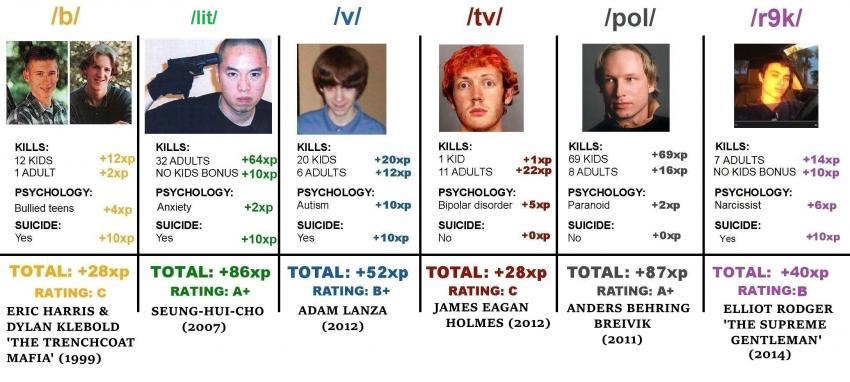 With this disease, it is important to monitor mood changes, which can be difficult to do alone. The founder of the Bipolar Association, Masha Pushkina, has collected stories of people who are helped by treatment partners.
With this disease, it is important to monitor mood changes, which can be difficult to do alone. The founder of the Bipolar Association, Masha Pushkina, has collected stories of people who are helped by treatment partners.
At the initiative of public organizations bringing together scientists, doctors and activists, every year on March 30, World Bipolar Day is celebrated. The date chosen was the birthday of Vincent van Gogh, an artist who, according to researchers, was the embodiment of a "bipolar genius."
With bipolar disorder, a person lives either in a state of high emotional uplift and excitement (mania), or in depression. According to world statistics, about 2% of people suffer from bipolar disorder in various forms. This means that in Russia there are at least three million bipolar people - this is about half of St. Petersburg.
In most cases, this condition responds well to medication. But, unfortunately, many do not seek help or do not know how to find it. Without treatment, the disease progresses and ultimately leads to sad consequences: loss of family, job, disability in general, and in almost every seventh case, suicide.
Without treatment, the disease progresses and ultimately leads to sad consequences: loss of family, job, disability in general, and in almost every seventh case, suicide.
These consequences can be avoided. The peculiarity of bipolar disorder is that the onset of remission depends not only on the doctor and medications, but also on the behavior of the patient himself. Very often, bipolar people provoke seizures "with their own hands." The mood of people with BAD (bipolar affective disorder. - Note ed. ) is very unstable, the balance is fragile, and mania or depression can be “started” in dozens of ways: the psyche is easily shaken by psychoactive substances, alcohol, lack of sleep, too intense work, travel and even love. So, a short time after the next course of treatment with powerful drugs, the person again ends up in the hospital. And each new attack reduces the chances of a long remission, affects social status, and even more painfully - self-esteem.
The experience of people with mental disorders around the world has proven that you are much more likely to cope with difficulties when you are supported by people who understand your problems and condition, but do not look at you as a patient. As practice shows, such a person can be not only a partner or close relative. An old friend, and even a person with whom you have never met in person, can help you get through the darkest times. Masha Pushkina, especially for Afisha Daily, spoke with several bipolar people about those in whom they found their support. The result is a story not about illness, but about friendship and trust, which can defeat even madness.
As practice shows, such a person can be not only a partner or close relative. An old friend, and even a person with whom you have never met in person, can help you get through the darkest times. Masha Pushkina, especially for Afisha Daily, spoke with several bipolar people about those in whom they found their support. The result is a story not about illness, but about friendship and trust, which can defeat even madness.
Yana, 31 years old
Housewife, collects books and is fond of confectionery
Purposefully, I didn't find out about the ways of support anywhere, everything turned out quite naturally. I have been sick for 15 years. The first person who looked after me was my best friend, and now it's my husband.
When my hypomania (a mild degree of mania, which is characterized by a constantly high mood. - Approx. ed. ) accelerated into a full-fledged mania (this state is also characterized by a one-sided attraction to some topic, sometimes accompanied by delirium.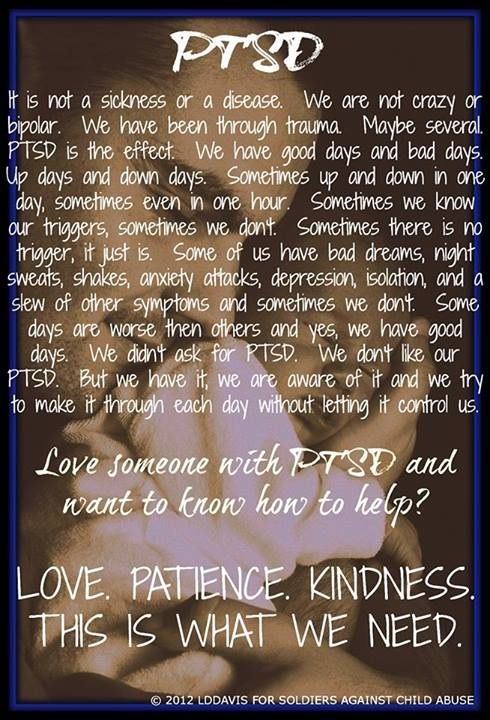 - Note ed. ), it became clear that I needed to be looked after. A friend began to pay attention to repetitive patterns of behavior in one phase or another, and we decided together to find out what helps in such cases. I think my friend was afraid to take responsibility for my condition, but she turned out to be generous and selfless. When I got married, a friend passed this knowledge on to her husband, and he already supplemented it, based on his own experience. The husband initially knew with whom he connects his life. He says it didn't scare him.
- Note ed. ), it became clear that I needed to be looked after. A friend began to pay attention to repetitive patterns of behavior in one phase or another, and we decided together to find out what helps in such cases. I think my friend was afraid to take responsibility for my condition, but she turned out to be generous and selfless. When I got married, a friend passed this knowledge on to her husband, and he already supplemented it, based on his own experience. The husband initially knew with whom he connects his life. He says it didn't scare him.
I have obsessions during my manic episodes. My husband does not argue with me at this time, but he also does not feed them, trying to redirect my stormy energy in a different direction. You can’t argue, because the result will be the opposite: I will finally get stuck on the idea, I will consider that I must prove it at all costs, even if the whole world is against me, and there are enemies and conspiracies around. If this does not help, the husband agrees to discuss all these things, but at the same time tries to slow down their implementation by offering to draw up a specific and detailed plan.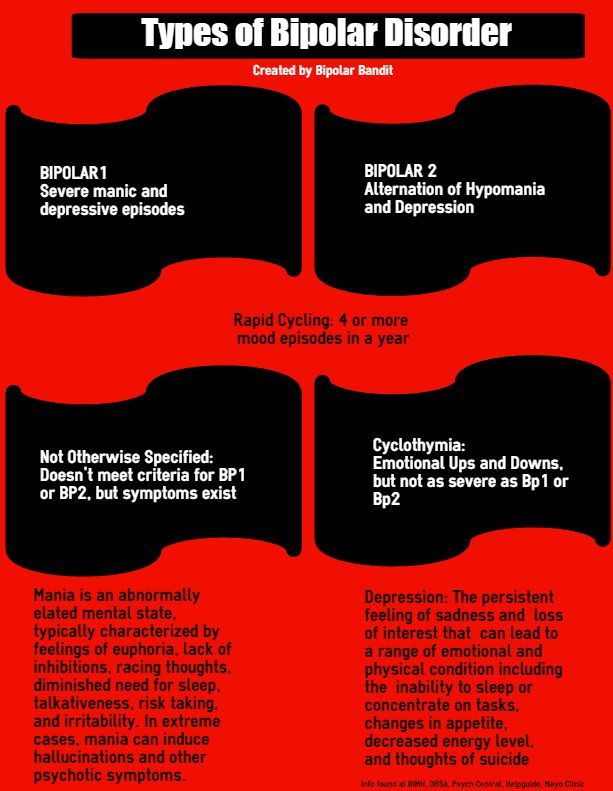 Sometimes it takes me a long time.
Sometimes it takes me a long time.
For example, I always want to move somewhere. Right now, and why aren't we packing our things yet? My husband is trying to make me sit down to describe what are the pros and cons of different cities, what attracts us to them. As a result, I sit for hours on different forums, make lists, think about how we will arrange our life, calculate the budget for different countries of the world. There is also a manic passion for travel, but after preparation, we usually implement these plans. And many years ago, in a fit of mania, I bought an apartment - with a mortgage, with hellish payments. Then it took a long time to resolve this situation, but, fortunately, everything worked out well.
My husband began to chart my mood. I also manage it, and we check the results so that they are objective. Quarrels due to the fact that the husband takes on the role of the elder often arise in the manic phase (never in depression). Then I become very suspicious, any attempts at control cause rage.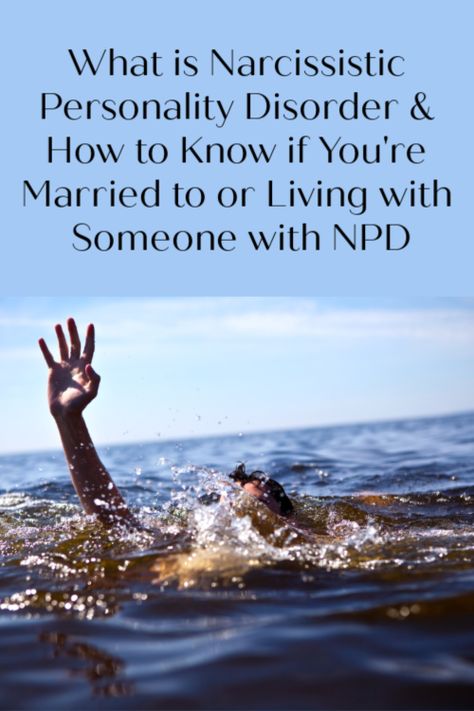 But now the husband has learned from experience, so he does not react to attempts to unleash a conflict. With obvious attacks of rage and auto-aggression, he uses holding therapy (long strong hugs. - Note ed. ). We have seen this in autistic children, this is how their parents influence them.
But now the husband has learned from experience, so he does not react to attempts to unleash a conflict. With obvious attacks of rage and auto-aggression, he uses holding therapy (long strong hugs. - Note ed. ). We have seen this in autistic children, this is how their parents influence them.
When I'm depressed, he doesn't comfort me because it's pointless, but he tries to give reasonable arguments that this period has always ended and this time will also pass soon. We look at mood charts for the past months, discuss the duration of the attacks: two weeks have already passed and, judging by past experience, it should get better in a couple of weeks.
Such support from the husband helps in many ways. When I was being treated by two doctors, taking all the medicines, I didn’t have such support, everything was very bad. Over time, I stopped disappearing from home in a manic state and inflicting serious injuries on myself. All my super-ideas remain on paper in the form of graphs and tables, I don’t even have time to start putting them into practice, so that later I don’t have to deal with the consequences with the whole family.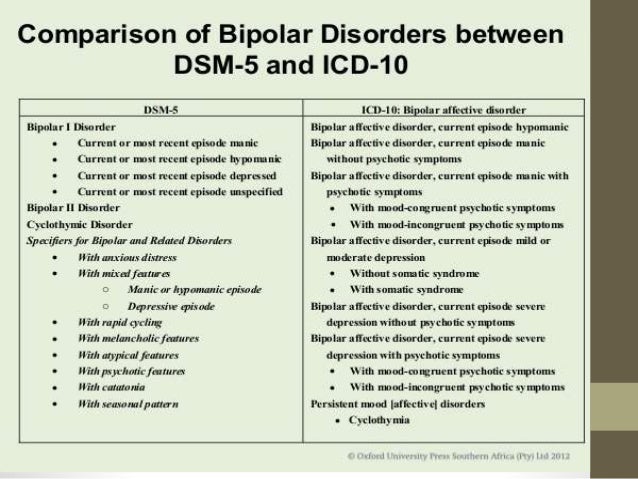
Alisa, 27 years old
Biologist
To be honest, I don't always find understanding from my healthy environment, I often faced condemnation, devaluation of problems. But from a person who has a similar experience, you won’t hear “don’t invent”, “you can’t feel so bad”, “take a walk and it will pass”.
It just so happens that my best friend also suffers from bipolar disorder. I did not look for support in specialized communities where patients communicate, we met by chance. My friend is much older, he has much more life experience, and he was able to become a real mentor for me. Not once did his actions worsen my condition - I hope that he can say the same about me.
When I'm on the rise, I feel uncomfortable when he tries to slow me down and reduce my passions. But as soon as this state passes and I again take a sober look at the situation, each time I thank him for trying to stop the revelry and disgrace. My friend himself is currently not being treated, but he never imposed his position on me, and when I turn to doctors, he supports me in this.
I told the doctor about this source of support - he is all for it. Before meeting a friend, I had suicidal attempts, but during the entire time of our communication I never tried to say goodbye to life. When you know that there is a person who will understand everything and share warmth (while even my own family repels me), that there is a place where you can come in any condition and where they will accept me without unnecessary questions and teachings, this is a source of great strength. and hope.
When I was expecting my second child, I was depressed. My husband did not yet fully understand the features of the disease and did not want to admit obvious things - this added problems, and my emotional state became extremely difficult. It seems that only thanks to the participation of my friend, I did not do anything to myself and successfully endured the pregnancy. The child was named after him.
Sergey, 49 years old
Freelancer
At the height of the depression, I was looking for any available support and ended up in an online group of anonymous debtors (people who have taken on large loans).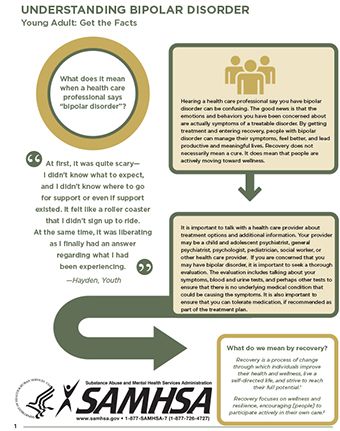 One of the participants drew attention to my condition and said that I urgently need medical help. Despite the fact that she lives in the USA, we began to communicate regularly via Skype. Olga literally brought me to the hospital and helped me prepare for the treatment.
One of the participants drew attention to my condition and said that I urgently need medical help. Despite the fact that she lives in the USA, we began to communicate regularly via Skype. Olga literally brought me to the hospital and helped me prepare for the treatment.
Americans are a pragmatic people, many young and healthy people have folders with wills and instructions in case of their death. They also approach mental difficulties calmly and thoroughly. It is common practice for the patient to draw up detailed instructions in advance. In the United States, there is a practice of issuing Treatment Agreements for people with mental illness (Treatment Contract). This document is needed so that family, friends and doctors recognize the symptoms of deterioration in time and take into account your experience and wishes in the treatment. Typically, such a document contains: a list of trusted people; signs of a normal state; signs of an approaching episode; symptoms of mania and depression; actions that trusted people should take to help a person get better and keep him from destructive acts; plan of action in case of an emergency (for example, a suicide attempt).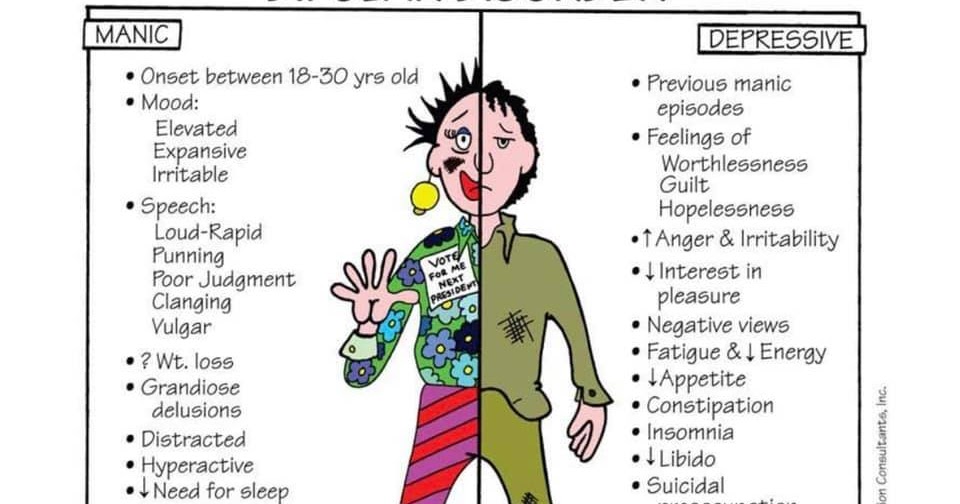 who and what will be done in case of his hospitalization, so that he can be treated without anxiety for household chores.
who and what will be done in case of his hospitalization, so that he can be treated without anxiety for household chores.
In a period of severe depression, there is a struggle inside a person between the craving for death and the desire to live - and many external things can outweigh in one direction or another. Every clue is important to help you get out. It is very difficult for one to cope with all this.
I madly didn’t want to go to the hospital and wouldn’t have made up my mind myself, until the last I hoped that somehow everything would go away on its own. But under the supervision of a friend, I drew up a preparation plan: warn the customer at work, arrange to look after my cats. Reported to her about every step. But then he could no longer simply “escape” [from hospitalization], because he felt obliged to both her and the doctor. During depression, one's own life has no value, but the people dear to me, the promises made to them, do.
At the most difficult moment, Olga became my “outer brain”, which told me what to do when I didn’t understand anything myself. After I was discharged from the hospital, I turned to four friends for support. Usually we call each other once a week, I tell what my condition is. It is important not only to chat online, but also to hear the voice, you can understand a lot from it. Friends immediately pay attention, if I suddenly disappear and stop calling, then something is wrong.
After I was discharged from the hospital, I turned to four friends for support. Usually we call each other once a week, I tell what my condition is. It is important not only to chat online, but also to hear the voice, you can understand a lot from it. Friends immediately pay attention, if I suddenly disappear and stop calling, then something is wrong.
I think it is possible to find such a person if you set yourself such a goal. Take a closer look at people in support groups, religious or other communities - those who understand what compassion and mutual assistance are. This must be an internally mature person, ready to take responsibility for you in a difficult situation. If this person has similar problems, then he will better understand your experiences. For this reason, relatives are far from always suitable: they themselves can panic, seeing how bad you feel, choke you with their anxiety, overprotection.
It is necessary to establish the frequency of communication and observe it.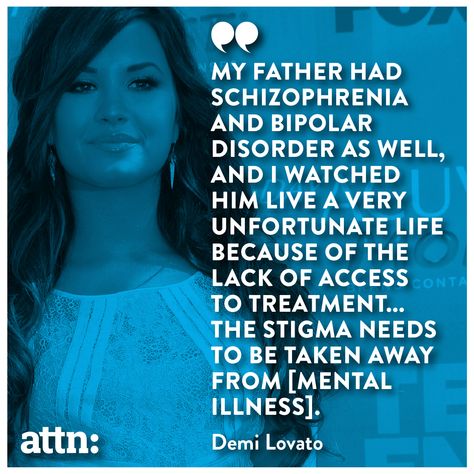 And of course, in no case should you parasitize on someone else's kindness. The support system works when you yourself take responsibility for your life, and do not outweigh it completely on another.
And of course, in no case should you parasitize on someone else's kindness. The support system works when you yourself take responsibility for your life, and do not outweigh it completely on another.
Anna and Valeriya, 21 years old
Students
Anna: After a major depressive episode four years ago that almost ended in a suicide attempt, I started looking for information on [support]. I managed to find a guide in English for relatives and friends on how to behave with such a person. I have sent this list to all my friends so that they have an idea of what is happening to me. For the past few years, Lera has been monitoring my emotional state on a daily basis, and if, in her opinion, it goes beyond the norm, she tells me about it. Lera just asks every day how I'm doing, and if she sees that I'm reacting strangely, she wonders if something happened. At first, it was very difficult, because, in principle, I did not like to regularly share personal experiences.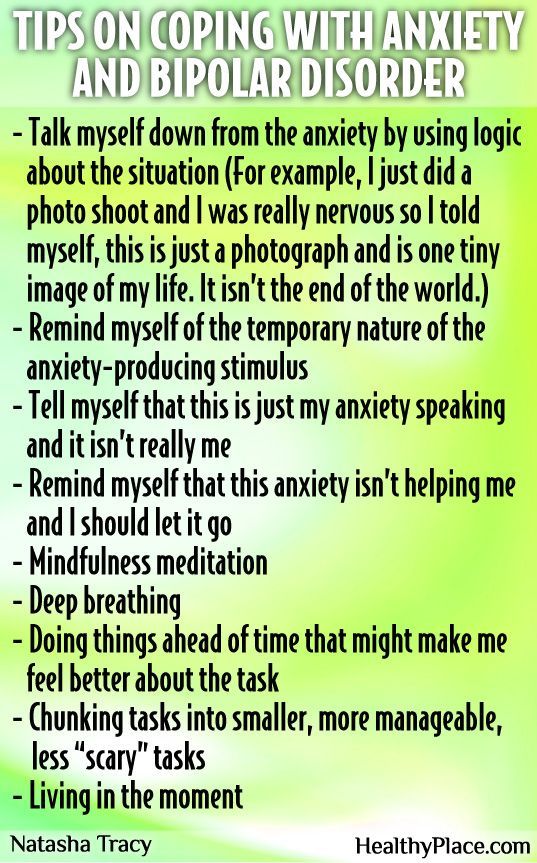 But by regularly receiving feedback, I can imagine the dynamics: do the pills help, how long do the side effects last, does the depressive phase go into a moderate and severe degree, do I lose my critical thinking during hypomania.
But by regularly receiving feedback, I can imagine the dynamics: do the pills help, how long do the side effects last, does the depressive phase go into a moderate and severe degree, do I lose my critical thinking during hypomania.
Valeria: We gradually established a very trusting relationship. Anya studied the topic of bipolar disorder up and down, and I read the articles that she sent me. The diagnosis did not change anything for me, because it remained the same. After that, we already discussed some formalities (for example, who to call in case of an emergency).
Anna: I asked Lera to watch for hypomanic manifestations in which I lose an adequate assessment of my actions: impulsive night walks, alcohol begin.
Valeria: My friend is a very responsible and conscious girl who takes care of herself, her health and her wallet. Before buying something expensive, she asks for my advice - and then we are already sorting out the situation.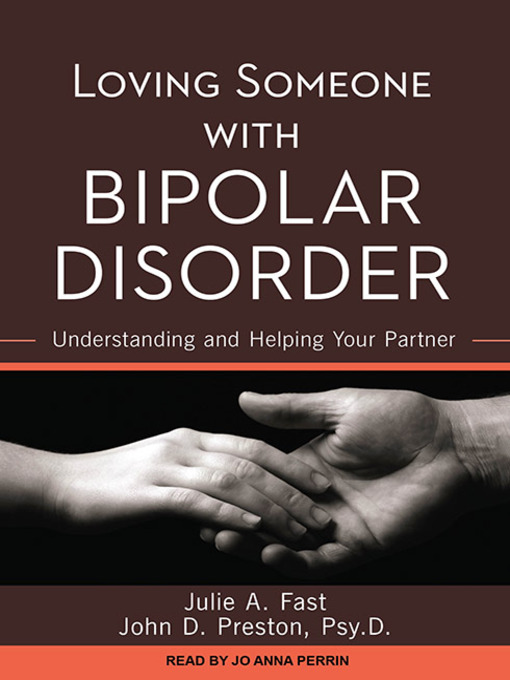 We can entrust accounts to each other and not worry. I also know where and to whom to run in cases of exacerbation.
We can entrust accounts to each other and not worry. I also know where and to whom to run in cases of exacerbation.
Anna: I react badly to prohibitions and reminders of illness. Yes, I periodically have to turn to relatives for help, change treatment or take long breaks, but I expect mutual respect so that they don’t look at me through the prism of the disease.
When the mood is unstable, harsh phrases like “the disease speaks in you”, “these are not your real emotions” cause persistent rejection, even when they are true. The line between accepting a loved one's illness and identifying him with a diagnosis for healthy people is extremely thin. Therefore, those who were able to grope it deserve great respect.
Anna: In the last year, I go to see the doctor with my parents. When the doctor notices that I may not be able to do it alone, she duplicates the instructions and advice for them. I, in turn, am a friend. The doctor has repeatedly emphasized that the change of episodes is more noticeable from the outside.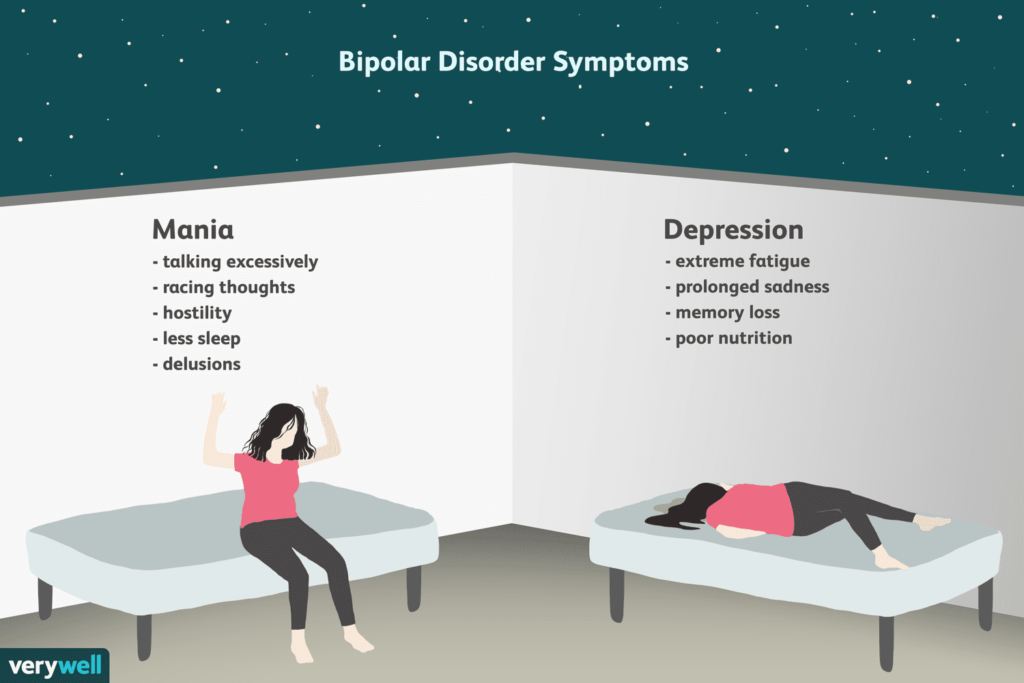
Valeria: We don't have any kind of hierarchy in relationships, so there is no pressure when one makes decisions for another. This is not eating each other's emotional resources, but complementing and supporting.
Anna: The main danger in a relationship with a person with a serious illness is to fall into codependency. This format is equally bad for both the "controller" and the "subordinate". Unfortunately, I have been in such relationships before. It is worth maintaining mutual respect and treating each other as equals. Illness should not dominate a relationship. In difficult episodes, it temporarily comes to the fore, but you should always remember that you are not a disease.
Anna: I have memory problems: I don't remember some episodes. In such cases, I can ask Lera for help. If you remember the last weeks, then these are regular reminders to call the doctor. In mixed episodes, this becomes an acute problem, because I can suddenly change my mind or forget. Against the backdrop of a severe episode, I may develop psychosis, and this is the most dangerous thing in the disease. Thanks to our format, I manage to avoid such exacerbations almost always.
Against the backdrop of a severe episode, I may develop psychosis, and this is the most dangerous thing in the disease. Thanks to our format, I manage to avoid such exacerbations almost always.
The advantages of observation from a loved one are an early response and the fact that he knows the patient's usual behavior very well and can notice even small changes. The main disadvantage is that normal friendly communication risks turning into constant monitoring of symptoms. Not every mentally healthy person is able to remain within the boundaries of reason.
It is important to agree in advance, before an attack, what is an undoubted sign of a worsening condition (for example, persistent insomnia), and what you do not need to pay special attention to (for example, loud indignation at something that you do not like). In a difficult situation, often a loved one begins to behave not as an equal, but as a “healthy” and “knowledgeable”. Not all relationships stand this test.
There is also a variant of "buddy" (when two people with mental disorders look after each other. - Note ed. ) - it is good precisely because it is the true request of the patient and more equal relations without mixing roles. But I don't know the buddy support system.
- Note ed. ) - it is good precisely because it is the true request of the patient and more equal relations without mixing roles. But I don't know the buddy support system.
To choose a person you can rely on in a critical situation, take a closer look at your surroundings. Above all, a high level of trust is needed. Your assistant should be open to nonjudgmental and open dialogue and at the same time emotionally stable and resistant to stress.
Support is essential for every person - very often we as mental health professionals need it. And with bipolar disorder, this problem is especially acute. At the initial stages, those closest to you often ignore the presence of the disease, and friends advise you to either "pull yourself together" or, conversely, "relax", sometimes with the help of alcohol. When it becomes obvious to everyone that the “condition” will not go away on its own, urgent hospitalization is already required. The saved patient receives the "stigma".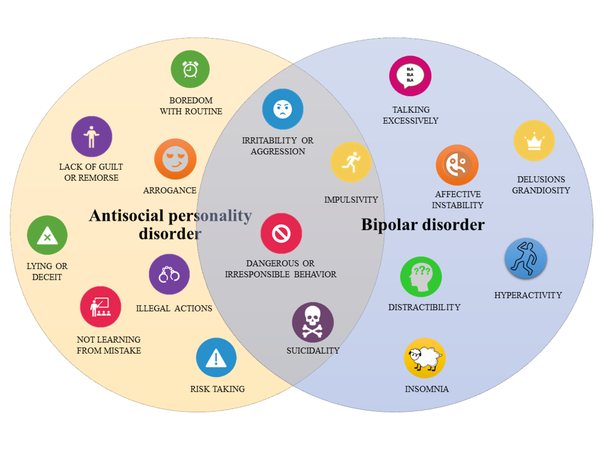
Psychiatrists then make it the responsibility of the uninitiated next of kin (parent or spouse) to monitor any changes in the patient, and they really try to do so. At the level of "laughing out loud - hypomania has begun, upset - depression." As a result, psychiatrists begin to treat quite normal human emotions based on complaints from relatives... and the circle closes.
For this to change, mental health literacy must play a major role. Relatives, in order to be able to help, need to understand well what is happening with a loved one. In many, including state clinics, groups for training relatives either already exist or are being created.
The support of loved ones in case of emergency is especially important. In deep depression or mania, a person is not able to independently control his behavior, this decision is made by relatives, sometimes without his consent. In the case of bipolar disorder, this should be the last option when all others have been exhausted.
My personal hell: How is it?
– I feel bad…
– Why? What's happened?
- Nothing happened, I'm just FUCKING BAD!
– How so?
This story is about a total wall of misunderstanding. Lack of understanding of society, loved ones and oneself about how to live and function with a mental illness. For me personally, it's survival. My personal hell.
Reference: Bipolar disorder, also known as manic-depressive psychosis, is a mental illness characterized by atypical mood swings, fluctuations in energy and ability to function. Unlike normal mood swings with its ups and downs, which are inherent in everyone and everyone, the symptoms of bipolar disorder can lead to very serious consequences. They can destroy personal relationships, affect the quality of work or school performance, and even lead to suicide. Bipolar disorder is treatable and those suffering from the condition are able to lead full and productive lives.
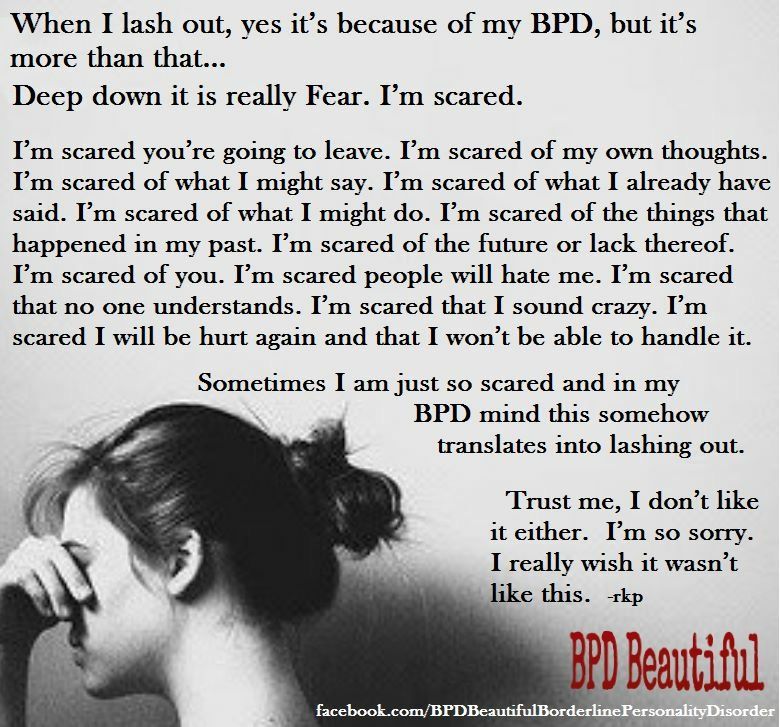
From early childhood, I saw a clear difference between myself and the people around me. It was hard not to notice when they poke your nose into it, like a cat that shat in the wrong place.
I grew up in a small village where everyone was the same and it was not welcomed to be very different. My words, actions, logic of actions and thinking were not typical for this place and time, therefore they were sharply condemned. First of all, my parents. Phrases: "What, can't you be like everyone else?", "What will people say?" and “You do everything completely wrong” became the slogans of my difficult childhood.
I expected praise from parents and society for my uniqueness, but in return I received only disapproval. Because of this, I had no one to talk to, to throw out my experiences, which every year accumulated and took root deep in my psyche. Because of this, I was notorious and insecure. In the end, I closed myself off from a world that was so hostile to me. It felt like I didn't belong here.
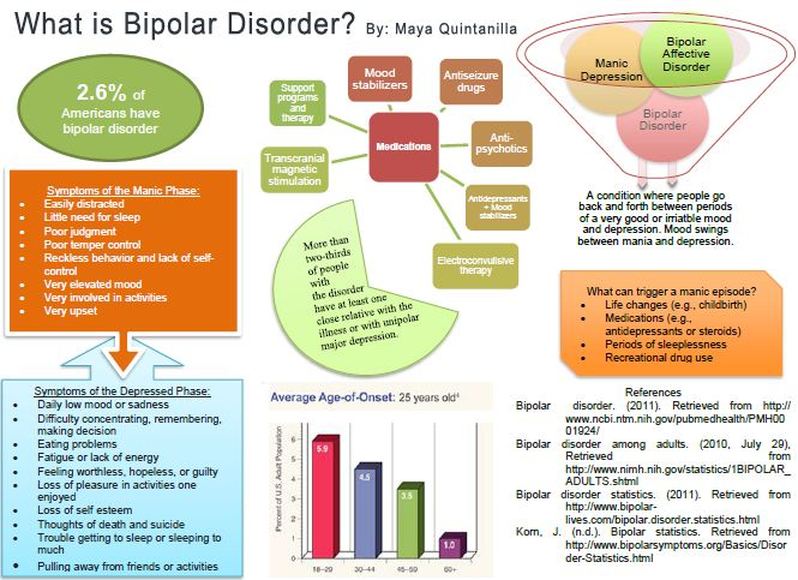
At the age of 10, I had the idea to take my own life. At 12, I made my first attempt - I drank some pills from my parent's first aid kit, but it all ended in a slight malaise.
Transitional age was a real nightmare. I started with half a turn. She was quick-tempered, over-emotional, cried for any reason and without, took offense at everything in a row, closed herself off from people more and more.
I was severely “pinned” by mood swings and negative thinking. Fussy, awkward and restless, I kept everything to myself, and it seemed that I was about to explode. So there was another suicide attempt. I remember cutting my veins with a blade when my mother came into the room and called for dinner (she did not understand anything). Then it clicked in my head: “You just don’t have the right to do this, mom won’t survive. She didn't deserve this."
I didn't care about my dad, because he gave me a lot of complexes. The rejection of his appearance and obsession with losing weight is the result of his so-called jokes about being fat and the like.
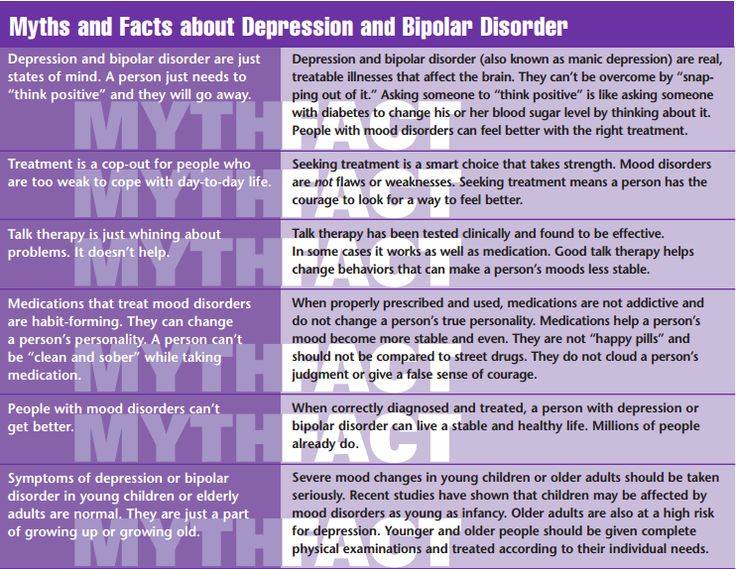 Mom, although she did not understand me, often supported me in my creative endeavors and, most importantly, believed in me. I couldn't hurt her like that!
Mom, although she did not understand me, often supported me in my creative endeavors and, most importantly, believed in me. I couldn't hurt her like that! Since then, she held on and tried not to bring herself to suicide. Alcohol and marijuana helped to cope. It was with their help that I was able to stay afloat. I was thrown into extremes, so I had to somehow ground myself. I usually drank alcohol on the “up” when energy was in full swing, brilliant ideas gushed out and it seemed that I could move mountains. At such moments, I was “on horseback”, and I wanted to “throw firewood”, that is, to strengthen this rare state for me. Alcohol in these moments made me even more confident and relaxed. The fears instantly disappeared. From a gray tucked up mouse, I suddenly turned into a shocking young lady who attracts everyone's attention.
But there was another side of the coin - the decline. The energy ran out quickly, and it took a long time to recover. My hands dropped, I didn’t want to do anything, I didn’t believe in myself, and brilliant ideas now seemed worthless.
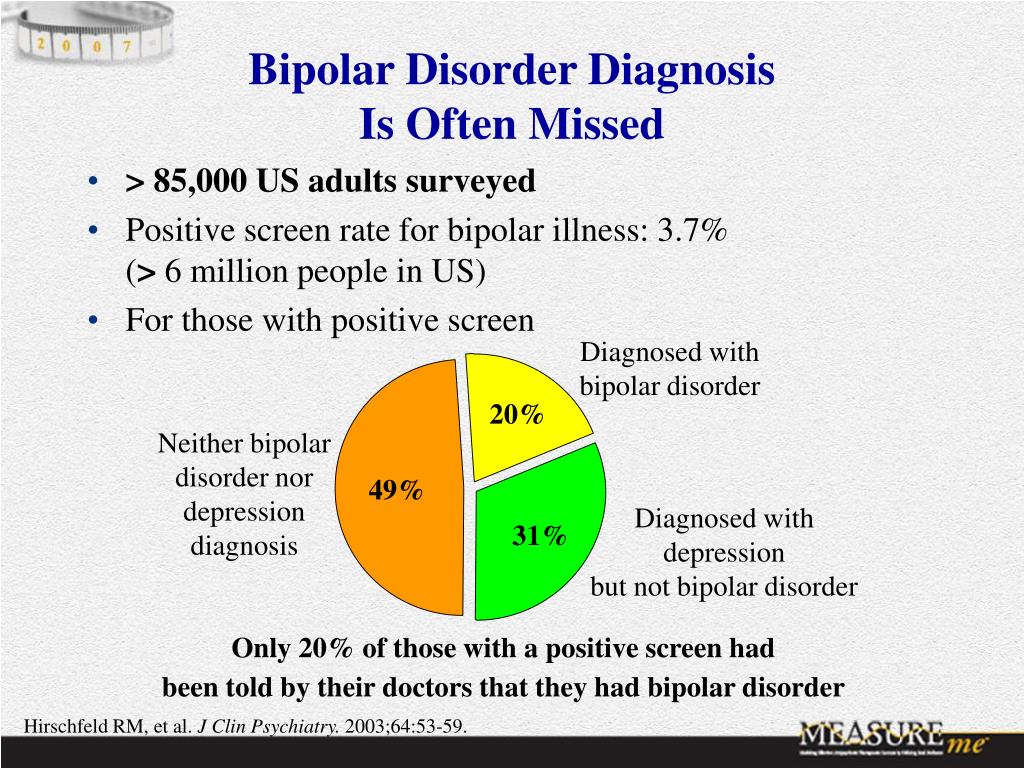 The depression was horrendous. To survive this state, I smoked grass, and it became easier. You could exhale and say: “But it’s not so bad after all.”
The depression was horrendous. To survive this state, I smoked grass, and it became easier. You could exhale and say: “But it’s not so bad after all.” Years went by, the swing became more and more sweeping.
After the institute, I stayed to live in Kyiv, so the question became an edge - always be able to provide myself with accommodation and food. For a while, I got it. At times, I even made good money and there was progress in terms of my career.
But the mood swings became more and more severe, and the intervals became very uneven. Every year, the bright "ups" became shorter, and the "recession" lasted longer and longer.
It became obvious that something was 100% wrong with me. I looked at people and realized that they live differently. That it is not so difficult for them to be in society, build relationships, work, and the like. I did not understand how to communicate with people at all, and even more so with the opposite sex. I didn’t really have normal relationships with men - only continuous toxic illusions at a distance, which brought only suffering.
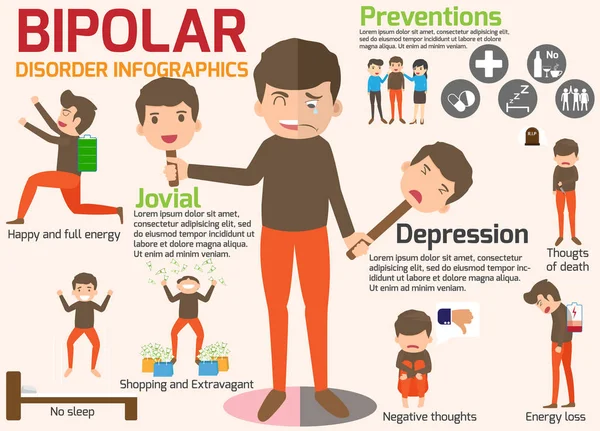 My unhealthy attachments to men can only be compared with heroin addiction, which I consider the worst of all addictions.
My unhealthy attachments to men can only be compared with heroin addiction, which I consider the worst of all addictions. I understood that I needed to somehow resolve the situation. Desperately looking for answers in esotericism, Buddhism, acid and, in principle, the results were, but quickly dissipated. There were not enough resources to practice Buddhist practices on a daily basis, because during the recession I fell into depression and apathy and “scored” everything. And the knowledge and revelations received during the “journeys” through the consciousness had to be not only comprehended, but also strenuously applied in life, but again, during the recession, everything went to hell. So I gave up trying and just kept grounding myself with alcohol and weed.
There were no particular problems with the first one, since the duration of the rises became shorter and shorter, and, alas, I became addicted to smoking. It got to the point where I was under the influence all the time.
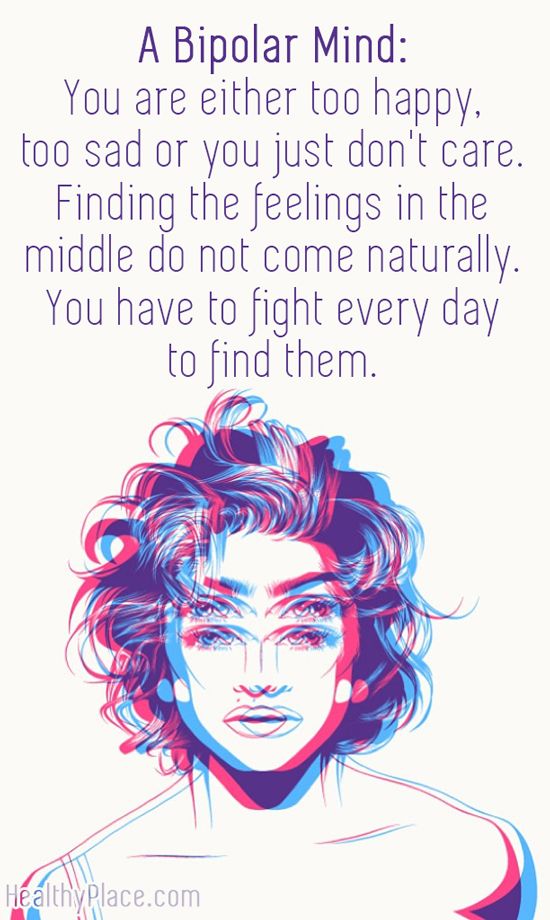 I became hyper-anxious, anxious and fussy. I thought very negatively and depressingly. Chaos reigned in my head and in my life. No order.
I became hyper-anxious, anxious and fussy. I thought very negatively and depressingly. Chaos reigned in my head and in my life. No order. On the "rise" I spent a lot of money - I'm "on horseback", and I, such a genius, have everything under control. I got involved in some projects, agreements, and then, in the recession, I realized that I wouldn’t pull it off, that I had no strength and energy, no experience, and in general “I’m a mediocre ugly woman,” and refused everything.
I either spent a lot of money and lived beyond my means, or lived in debt and fell into poverty. Either she took on a bunch of jobs and activities at the same time, or did nothing because she was not able to. For example, she could buy an expensive gym membership with a personal trainer, pay for creative courses, start negotiations on organizing a festival with influential people, without having any experience in conducting them. I had enough energy for all this, I was on edge.
Then abruptly - bang! You wake up in the morning and you can't get out of bed.
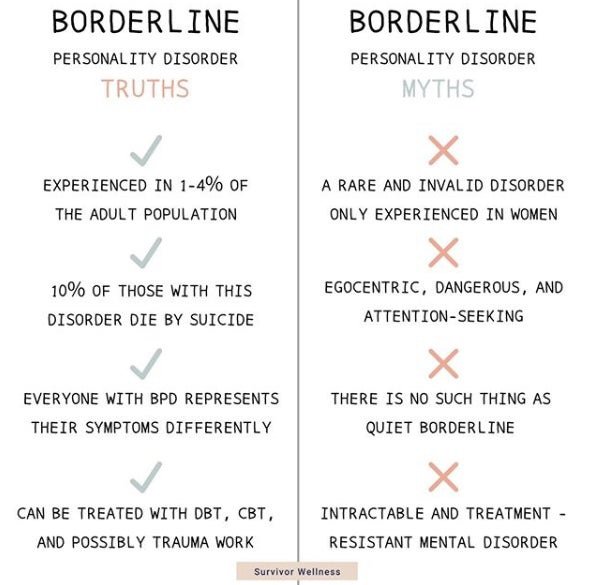 You look at yourself in the mirror and cry because you are fat and ugly and you can’t leave the apartment because of this. You smoke, eat whatever you like - as a result, you get even better, you cancel all agreements, you can’t return the money, your reputation is damaged, a number of people don’t want to know you anymore. This leads to even more depression, and you start smoking even more to make it easier, and a wave of problems and troubles rushes like a snowball ...
You look at yourself in the mirror and cry because you are fat and ugly and you can’t leave the apartment because of this. You smoke, eat whatever you like - as a result, you get even better, you cancel all agreements, you can’t return the money, your reputation is damaged, a number of people don’t want to know you anymore. This leads to even more depression, and you start smoking even more to make it easier, and a wave of problems and troubles rushes like a snowball ... It was not life, but a complete mess. I was thrown from activity to inactivity. From side to side. I wanted to sing, then to become a director, screenwriter, photographer, cameraman ... “Still, singing is a dream of a lifetime. But no - it seemed! My calling is to write scripts. I will be writing a full length script. No, it's better than the show. Comedy. No, drama. Oh, I came up with - tragicomedy. Exactly! Or maybe write a book? Or still sing? Or I'll play the piano! It’s decided, will I become a great pianist… or is it a director?”
Everything was destructive: I changed housing and work more and more often, running away from my previous place, and not very good from the point of view of employers and landlords.
 She framed everyone, did not fulfill agreements, etc. But I did not understand how to explain my situation to everyone. She said that I was just unwell, but people still turned away from me.
She framed everyone, did not fulfill agreements, etc. But I did not understand how to explain my situation to everyone. She said that I was just unwell, but people still turned away from me. By this point, I had become less and less likely to see my friends and "go out." Turned into a reclusive sociopath. I tried to work exclusively on freelance, coming to the office only when needed.
I did not love myself, my life and thoughts of suicide began to crowd out all the rest. Plus, I was filled with various fears. Panic attacks, breakdowns and prolonged depression began. The "swing" became so sharp that shocks and suffering became my very essence.
It seemed that it couldn't get any worse. But I was wrong. One day I got a phone call that knocked me down completely. “Our mother has stage four cancer, she has a maximum of a month left to live ...” At that moment, something broke in me forever. The ground is gone from under your feet.
Mom lived for another six months, but during this time I completely went crazy.
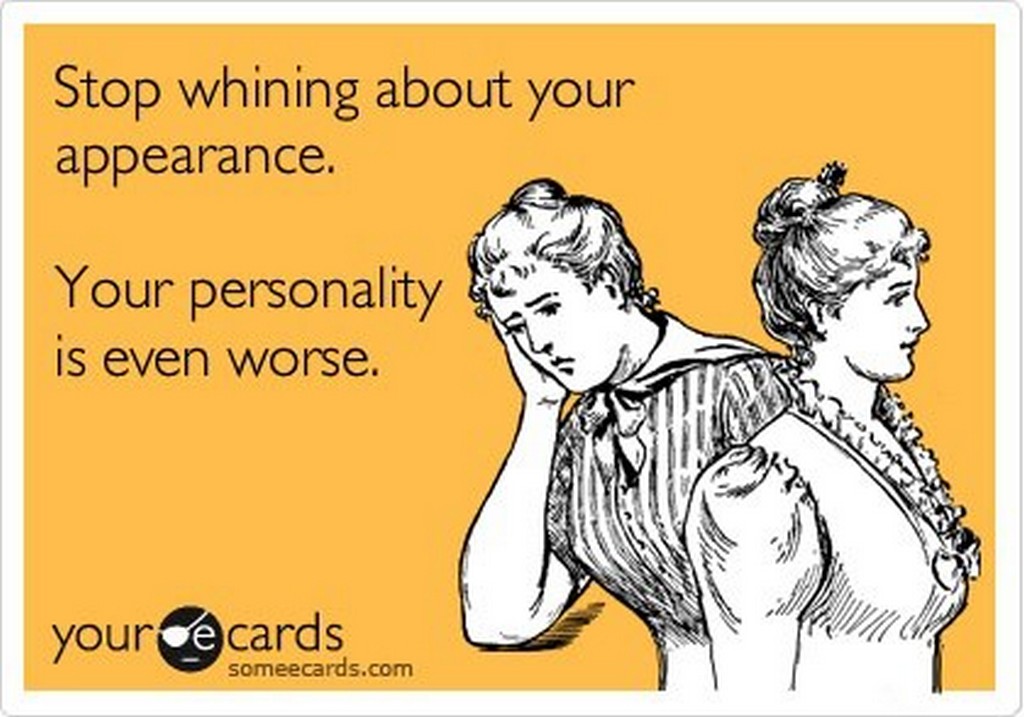 My emotional stability left much to be desired. By that time, I worked on live broadcasts and came to the office only for shooting. She behaved inappropriately, rushed at people, could start hitting her assistant on the hands for turning on the wrong frame or sound, and the like. She could leave the presenter, whom she “led” in the earpiece, in the middle of the air and run out into the street to smoke herbs. Live broadcasts shook my psyche. I don't know how people put up with me. I personally simply didn’t have the strength to endure myself like that ...
My emotional stability left much to be desired. By that time, I worked on live broadcasts and came to the office only for shooting. She behaved inappropriately, rushed at people, could start hitting her assistant on the hands for turning on the wrong frame or sound, and the like. She could leave the presenter, whom she “led” in the earpiece, in the middle of the air and run out into the street to smoke herbs. Live broadcasts shook my psyche. I don't know how people put up with me. I personally simply didn’t have the strength to endure myself like that ... After the death of my mother, the hands dropped completely. I understood that now I could commit suicide with a clear conscience (the mountain of resentment against my father had not gone away). This idea took root in my head and seriously frightened me. I wanted to save myself. It was obvious that I could not cope on my own and I needed to go for help.
I went to see a psychologist. She was shocked by my condition, said with regret that she could not help me, and referred me to a psychotherapist.
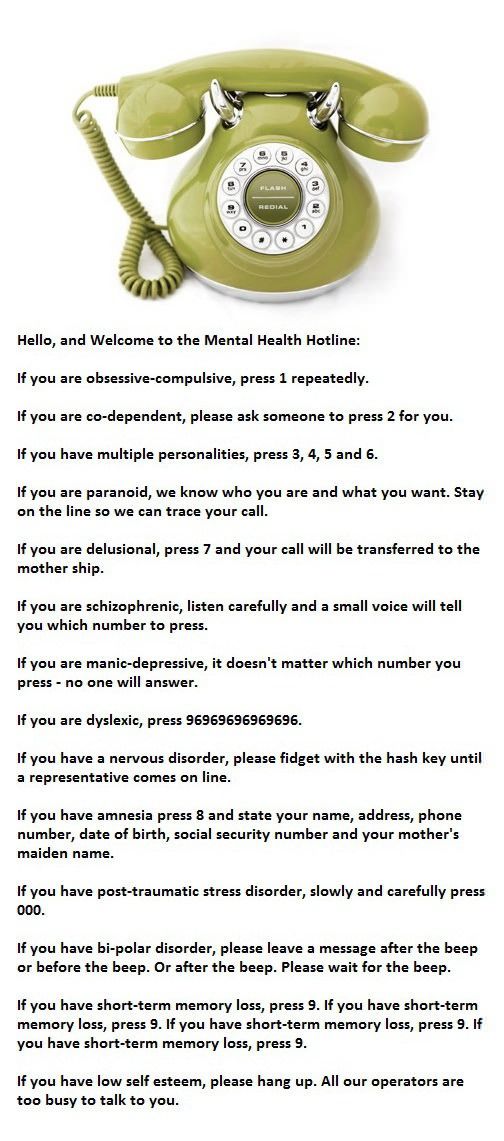 After a series of tests and hundreds of questions, I was taken by the hand and taken to a nearby psychiatrist's office. He said that my diagnosis was obvious, but to be completely sure, I need to take a blood test for lithium.
After a series of tests and hundreds of questions, I was taken by the hand and taken to a nearby psychiatrist's office. He said that my diagnosis was obvious, but to be completely sure, I need to take a blood test for lithium. The result of the analysis confirmed the alleged diagnosis - bipolar disorder. I was prescribed medication. But with the newfound status of a mentally ill patient, it only got worse. I felt sick on another level. Now I had every right to go to the bottom of my hell - because I have a bipolar disorder.
“This is not a runny nose for you! And it's not curable. That is all - there is no way out, this is my cross. I'm doomed."
I was sinking to the bottom at a crazy speed. The swing threw me in all directions. Everything became totally chaotic, chaotic, thoughts - even more chaotic. It was hard to get even one thing done. I couldn't concentrate - for the life of me. Zero perseverance. I could no longer communicate with people, go to work too. I survived only thanks to freelancing, but the pay for the work I found was not great.
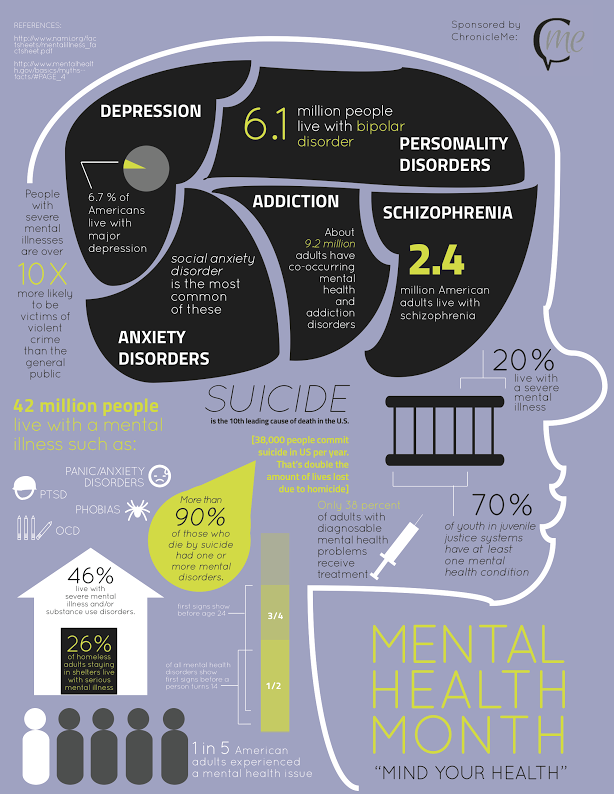 I had to rent a room outside the city.
I had to rent a room outside the city. This went on for three years. It got worse. It was not always possible for me to earn money even for food. I remember the sensational story with Sinead O'Connor, who broke down and posted a video about her bipolar disorder. At that moment, I was already ready to scream at the top of my lungs and to the whole world: “P-O-M-O-G-I-T-E !!!!!!”
Close friends understood that there was a clear problem with me. I began to openly ask them for help. They found the best specialists for me, but to no avail. On the contrary, it made the situation even worse, since I was spending all my money on drugs and psychiatric sessions. I had to ask my dad for financial assistance for treatment. But how exactly to treat me, the doctors, apparently, did not know, because everyone had their own vision and diagnosis (whether manic-depressive disorder, or depressive - opinions differed). I, like a guinea pig, drank mountains of various pills, from which I eventually gained about 20 kg and became simply disgusting to myself.
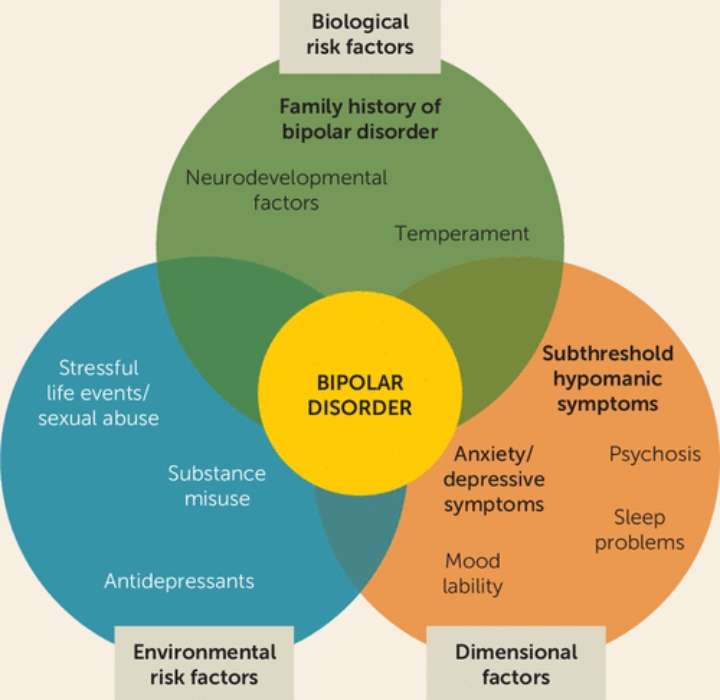
Everything was falling apart. Depression, addictions, a mountain of debt, excess weight and a desire to die - with such a set I fell asleep and woke up day after day.
I became as vulnerable and sensitive as possible, as if I had no skin. Every look, every word cut me to pieces. A remark or correction at work - just killed. I hated my life and myself. Why should I love myself? I have achieved nothing, I am not capable of anything, I am ugly and fat, I have no money, no relationship.
I looked terrible, I stopped taking care of myself completely. I could no longer afford to live in Kyiv or even near the capital - I returned home to the village with my tail between my legs, which my father and his new wife were not very happy about.
I struggled to find a remote job, took any and agreed to any money, just to earn money for food and medicine. Dad knew that I had a mental illness, but he did not understand what it was and what it meant. Mom would immediately google, offer to help.
I tried desperately to make money online, but I got scammed several times in a row without paying. I lived exclusively in debt. In recent years, she made attempts to work outside the home, but at first she had enough strength for a couple of months, then weeks, then a maximum of a couple of days. I was usually not paid for such a “job”, because I was fired or I myself ran away in hysterics.
I couldn't stay at home either - I had to get a job as a dishwasher in a cafe on the sea. I chose this option, because they gave me a bed and fed me. I thought if they fired me, at least there would be a place to live and what to eat. But I held out until the end of the season and was able to repay the debts.
Returned home - back to her personal hell. What to do next? It's only getting worse and worse, so it's only going to be like this.
Therefore, I simply "extinguished" by tranquilizers and slept for days. Sometimes I woke up in the middle of the night and realized that I could not stand even a minute in a sober mind. She drank tranquilizers again and passed out.
I was left alone with suicidal thoughts. They pressed me against the wall. Paralyzed. There were no other thoughts. There was no desire and strength to fight. Obviously I lost. game over.
I had a double lethal dose of a very strong drug. It used to be scary to commit suicide. I was afraid that I would remain a cripple and only exacerbate an already unbearable existence. But by this point, I didn't care anymore. No fear, no doubt, I understood - this is the only way out of this situation. A miracle won't happen. I will not wake up tomorrow morning mentally healthy and capable of a quality life.
There were a few minutes left until my next birthday. I wanted to do it on this very day. The suicide note was already ready, I went to the social networks to post it and schedule the publication with a margin for two days (suddenly they will pump me out, save me, and then such a fireplace out!).
In the messenger, I saw an unexpected message: a man from the distant past, with whom we had not communicated for 10 years, was wondering if it was true that I was completely on the verge and everything was really, really bad? I wrote that everything is wonderful with me, and his questions are complete nonsense. Then I thought to myself – I will make another attempt to help myself.
The next day - my birthday - I was already in a psychiatric hospital. They took me for free. With tears in my eyes, I explained that if they did not put me in, then by the evening I would no longer be alive.
I knew that one day I would be here, and here it is. The place was not what I imagined: I did not meet Napoleons, Van Goghs and Beethovens there.
It was a rural psychiatric home, so there were mostly people with mental retardation, alcoholics, drug addicts, and don't understand who else. In my room, for example, there was a young girl who was on heroin and methadone. She managed to bury her boyfriend and many mutual friends from an overdose. I thought that she wanted to get off, but it turned out that she just needed a certificate for the court - the police caught her red-handed, and by being treated voluntarily, she can avoid prison.
Drug addicts there, by the way, are regularly "treated" for money, but only in order to be "cleaned" of drugs - zeroed out, so to speak.
Nothing bothered me there except food. Neither the shabby walls of the Soviet building, which is about to collapse, nor the strict order in the hospital, as in the army or prison, nor the attitude of doctors and orderlies to the sick. I was not even embarrassed by the common shower room, where I had to wash in front of all the women in the same room from a basin.
But it was impossible to eat food. Digested substance without salt for breakfast, lunch and dinner. What is this? Soup or porridge? And if porridge, what kind? Rice, millet, oatmeal? Can't tell by sight or taste.
Everyone ate their own supplies brought from home. I had no money, and very close friends, knowing where I was, sent me some for food. They also bought socks, shorts, shampoos and other necessary things. When a friend visited me, she was shocked to the core by what she saw: “Is it legal to keep people in 2019 in such conditions?”
It was very cold.
This is how I saw our domestic "cuckoo's nest", over which I pretty much circled.
But even in this disgusting place at that time I felt better than at home with my family.
The head physician diligently treated me for a depressive disorder, since, according to him, I do not have mania. Because of this, I began a strong bias from depression to mania. I, like Jesus, ran along the corridor of the hospital, telling everyone that I was cured and understood everything! Now I know how to live on and the like.
It's time to urgently escape from this place. The walls pressed on me, my eyes were suddenly opened to the terrible conditions and the people who were there. I was discharged and a day later I was already in Kyiv. She stayed with a close friend and immediately started looking for a job. But two days later she was again at the bottom ...
So I ended up in the Pavlovsk psychiatric hospital. They didn’t want to take me there, because there was no registration, no money. They don't take it that way. But my appearance spoke for itself, and in the end I was put in a good department of crisis states. Everything there was very different from a rural hospital.
I was diagnosed with bipolar disorder again. It was nice and comfortable here. The department looked more like a sanatorium than a hospital. A month later, I thought I was completely healed. She asked to be discharged, but the doctors urged not to rush. They gave me a week's sick leave. I left and came back the next day.
Another month has passed, the third in a row, spent in mental hospitals. I was afraid to check out, realizing that there was nowhere else to ask for help. All. Dead end. Leaving the hospital meant death for me. In "greenhouse" conditions - I'm fine, outside the walls of the hospital - hell.
An acquaintance offered to participate in a scam in another country in order to earn money. She did not know about my situation and my condition. I agreed. I had nothing to lose. Planted - so planted. Kill - great. I voluntarily flew there for two to four weeks, but they “released” me only after 5 months.
I was paid money for the scam. You could spend them wisely: on housing, on psychiatrists and medicines, on food, while you are looking for a job. But I'm tired of all this. I just wanted to be in nature, in a shelter where it's good. And I found such a place, it turned out to be the right decision in my life. Awareness, understanding, insight began to come there, the processes of awakening began.
My eyes were opened to the fact that all my life I demanded that people accept myself, but at the same time I did not accept myself. She demanded love and respect - but she did not love and did not respect herself. She demanded understanding, but she herself did not want to understand others. Solid demands, resentment and claims to the world instead of gratitude.
I finally let go of my grudge against my father. Well, it was not given to him to understand me, so what now? Constantly feeling sorry for myself, I took the situation to the extreme. I always wanted change, but I didn't do any extra effort. Now I was ready for a lot of work on myself, and right there on my way I began to meet people who gave the necessary experience and knowledge.
Acquaintance and sessions with healers practicing theta-healing (The ThetaHealing method (“healing” - healing from English) is based on meditation, during which the patient, with the help of a theta-healing master, falls into a state of relaxation. The founder of the practice is an American artist Vianna Stibal, who claims to be 19In 95, she was able to heal herself from a serious illness with the help of a special theta meditation.
I realized that in fact I'm rather lucky in life, and not vice versa. Friends did not turn away from me and helped, doctors treated for free.
I have decided that I am no longer sick with anything. It's easier for me. There is nothing to blame now. I am learning to accept and love myself for who I am. I no longer scold myself and do not consider it destructive. I don't set high goals or expectations. I'm just in my flow. Did something not work? Ok, don't be scared. Could not earn the expected money? Okay, let's try to save money this month.

